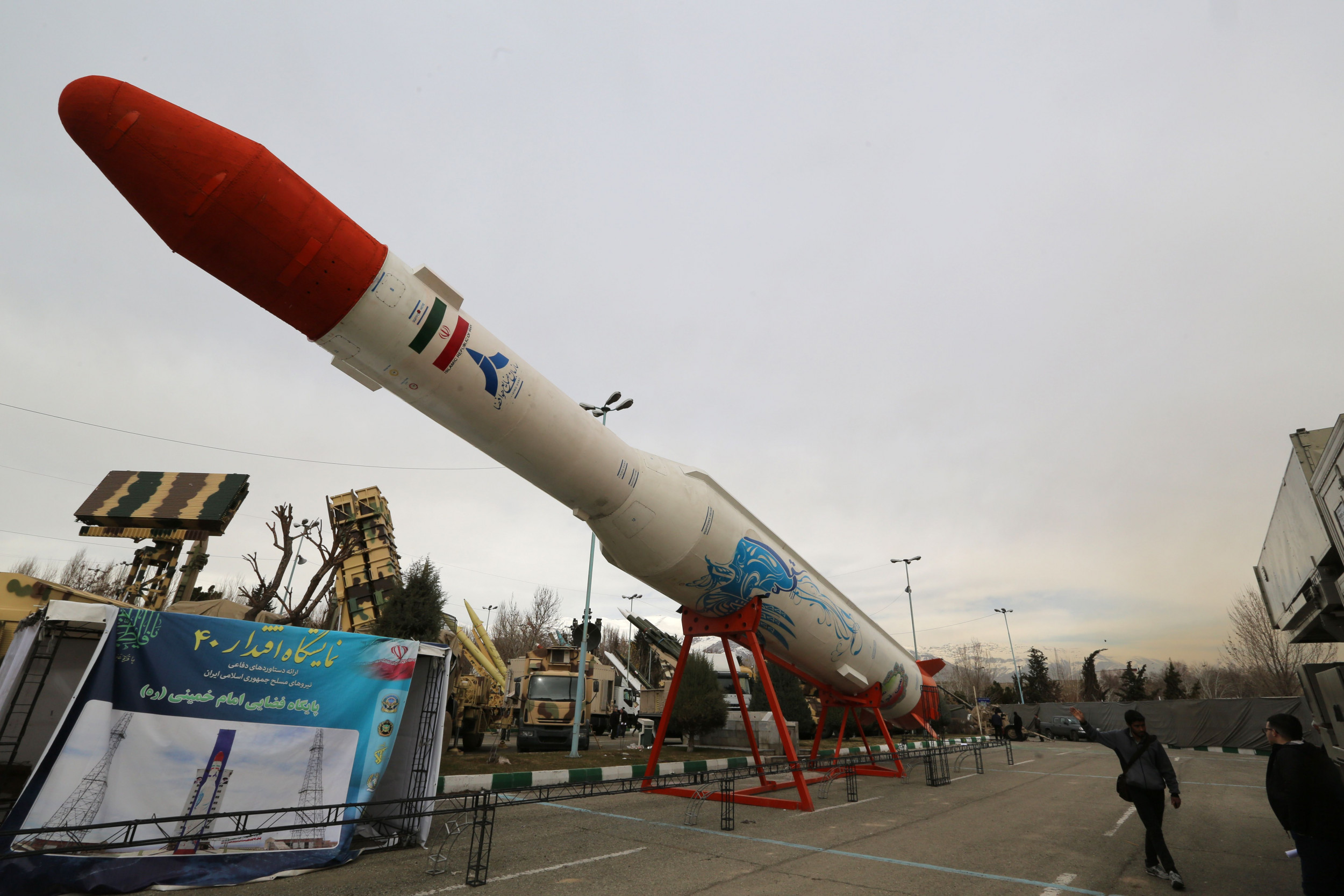
Iran on the threshold, but what next?
Israel must stop fighting the wars of the past and instead formulate a new approach, out of the box, in light of the new reality and Iran’s status as a nuclear threshold state.
By Prof. Eyal Zisser Published on 10-10-2021 12:18 Last modified: 10-10-2021 12:18
While the world is still wondering if Iran will return to the negotiating table and sign a new nuclear deal; and while here, in Israel, the argument continues to rage over whether such an agreement serves Israel’s interests or not – Iran has already become a nuclear threshold power, a short distance of mere weeks from producing a bomb.
According to the most renowned experts, the only thing separating Iran from a nuclear weapon is a political decision from its leaders. Indeed, in recent years Iran has enriched enough uranium to make a bomb, and even if it hasn’t done so yet and hasn’t developed the ability to launch one on a ballistic missile, this is still just a technical matter requiring just a few weeks of effort, rather than an actual obstacle.
Iran could also choose not to declare it has a nuclear bomb, and suffice instead with a situation where everyone knows it is capable of building one. This would provide it the deterrence it desires, along with a whip to menace its enemies. And in the future, the moment it senses the time is right, it can turn its capabilities into an operational weapon.
Israel must stop fighting the wars of the past. The clandestine campaign Israel has waged, despite significantly delaying the Iranian project, has failed to stop it. Generally speaking, meanwhile, we need to admit that Iran has found counters to all of Israel’s moves – attacking ships under Israeli ownership in response to attacks attributed to Israel on Iranian oil tankers, or targeted attacks against Israeli businessmen across the globe in response to attacks on Iranian scientists on Iranian soil.
What’s needed, of course, is a new approach, out of the box, in light of the new reality and Iran’s status as a nuclear threshold state. Israel must also prepare for the moment that Iran declares, publicly for the world to hear, that it has a nuclear weapon.
A nuclear Iran is a problem, even an existential one. Israel, however, has dealt with deadlier threats before. We must keep in mind that Israel is ahead of Iran, and according to foreign reports acquired these capabilities in the 1960s. This is a significant gap, which led Shimon Peres, the father of Israel’s nuclear program, to say in the past that by flaunting the nuclear option Iran is first and foremost putting itself and its citizens in danger.
On the other hand, it’s important to emphasize Israel’s network of relations with Gulf states and other countries surrounding Iran, all of which feel threatened by the ayatollah regime. It’s not for nothing that the Iranians decried the possible Israeli security presence in Azerbaijan. Iran might be tough in Gaza or Yemen, but it too has a soft underbelly along its borders.
Unlike the cases in Iraq or Syria, it’s hard to know if it’s true that destroying Iran’s nuclear program is impossible militarily, as its facilities are dispersed, hidden and well protected across the country. The current challenge for the Israeli government, however, is to change its way of thinking and formulate a new strategy against Iran, and this will be its greatest test.
No comments:
Post a Comment